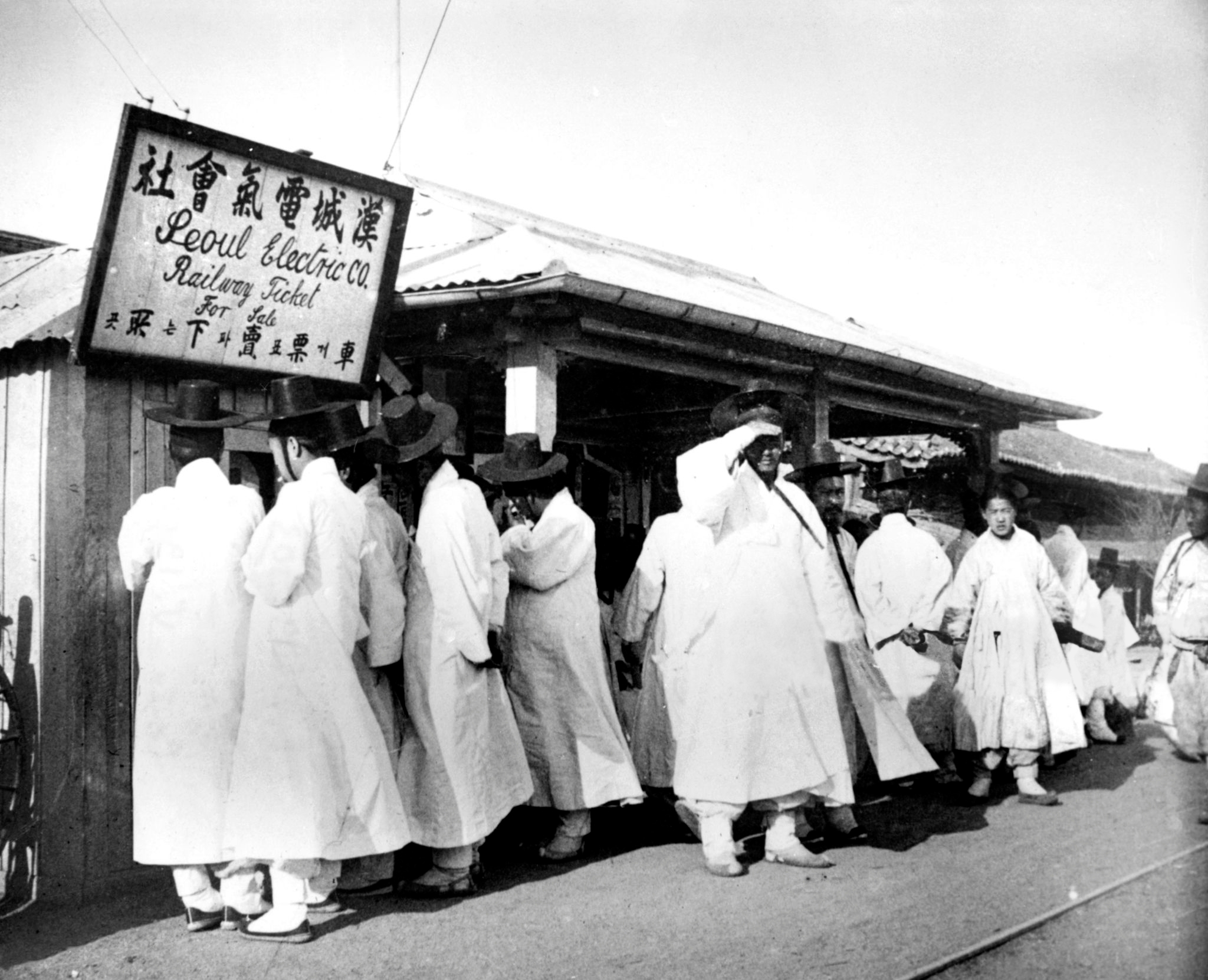Grasping After Power: Network Failures and Atomic Futures in the Cold War Koreas, 1945-1950
 In the spring of 1948, the lights in Seoul went out. The blackout marked the postcolonial collapse of the peninsular electric network, a vast apparatus of production and consumption that only years before had rivalled that of the Japanese metropole itself in terms of output. However, with much of the power generated in North Korea, national division meant systemic collapse. Writing at the cusp of a new atomic age, the citizens of 1948 Seoul look to the future in the dark. Borrowing from recent trends in the history of energy and infrastructure, this paper explores the years leading up to and following the collapse of the postcolonial Korean power network. Bracketed by the integrated processes of Cold War deimperialization and division, the breakdown of the Korean power system is taken up as an instance of rupture that encouraged an outpouring of thought on energy, technology, and historic transformation. Of particular interest in this study are the ways that the postcolonial atrophy of infrastructure coincided with a broader culture of techno-anticipation linked to a new atomic age. In popular science texts of the day, energy quickly emerged as a unifying feature in discussions of social, economic, and physiological change. Placed within the context of the power-systems material breakdown, this presentation attends to how Korean writers turned to the concept of energy to develop stagist historical narratives of development that reduced the politics of production to the aggregation of power.
In the spring of 1948, the lights in Seoul went out. The blackout marked the postcolonial collapse of the peninsular electric network, a vast apparatus of production and consumption that only years before had rivalled that of the Japanese metropole itself in terms of output. However, with much of the power generated in North Korea, national division meant systemic collapse. Writing at the cusp of a new atomic age, the citizens of 1948 Seoul look to the future in the dark. Borrowing from recent trends in the history of energy and infrastructure, this paper explores the years leading up to and following the collapse of the postcolonial Korean power network. Bracketed by the integrated processes of Cold War deimperialization and division, the breakdown of the Korean power system is taken up as an instance of rupture that encouraged an outpouring of thought on energy, technology, and historic transformation. Of particular interest in this study are the ways that the postcolonial atrophy of infrastructure coincided with a broader culture of techno-anticipation linked to a new atomic age. In popular science texts of the day, energy quickly emerged as a unifying feature in discussions of social, economic, and physiological change. Placed within the context of the power-systems material breakdown, this presentation attends to how Korean writers turned to the concept of energy to develop stagist historical narratives of development that reduced the politics of production to the aggregation of power.
Derek Kramer is a Li Foundation Fellow at the University of Cambridge’s Needham Research Institute. He received his degree in East Asian Studies from the University of Toronto in 2021. Derek’s work focuses on the technoscientific cultures of the Cold War. His current project examines the history of the atomic age of North and South Korea.
